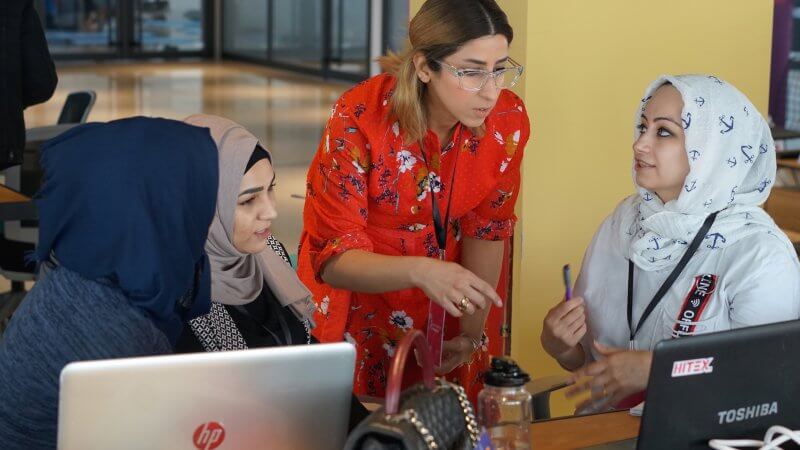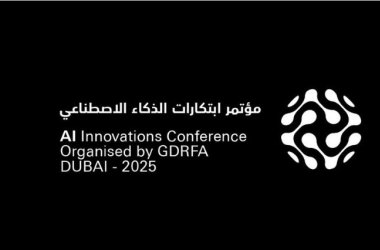ConsenSys has confirmed its support of Re:Coded Iraq as part of its commitment to using technology to build a more humane society.
Re:Coded, a humanitarian innovation non-profit organisation founded in 2017, provides coding and entrepreneurship training, mentorship opportunities and facilitates employment and freelancing opportunities for conflict affected youth across the MENA region.
The global blockchain specialist firm has developed a mentorship programme for Re:Coded trainers, which includes general and technical blockchain training courses run by Mostafa Farghaly, Blockchain Protocol Engineer and Ammar Kurabi, Senior Technical Project Manager from ConsenSys MENA. This will enable the trainers to then deliver training courses at their centres in Iraq.
Since early 2014, over 3.3 million Iraqis have been internally displaced due to conflict, and more than 240,000 Syrian refugees currently live in Iraq. The humanitarian crisis has created many difficulties, disrupting sectors such as education and employment.
“Our aim in Iraq is to bring together local developers, designers, social entrepreneurs, humanitarians and community residents to develop creative technology solutions that address the specific challenges facing this war-torn region. These include barriers to education, difficulty accessing the job market and social cohesion between displaced Iraqis and host community members,” said Samsul Karim, senior Edtech expert, ConsenSys.
In addition to this, ConsenSys has extended its support by sharing numerous resources with Re:Coded in addition to the training and mentoring.
“One Re:Coded trainer has also received a scholarship to attend the ConsenSys Academy Developer Training Program in October, a testament to the fact that there is talent to be harnessed in this conflict zone,” added Karim
On Re: Coded’s part, country manager Zahra Shah highlighted that the support from ConsenSys goes a long way in helping Re:Coded meet its goals, which include increasing female participation in the tech sector, upskilling conflict-affected youth to enter the digital economy and providing employment opportunities for graduates.
“Buoyed by our initial success and once we have delivered more comprehensive developer training, we are looking into growing our Bounties network, enabling students who complete the program to use Bounties to apply their skills and contribute to the community,” said Shah.





